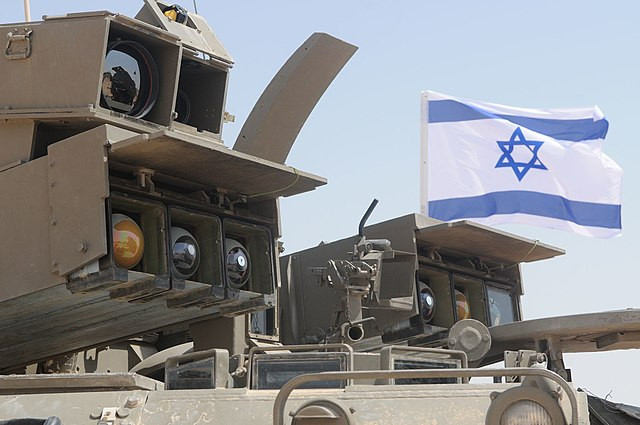Less than a week after a U.S.-brokered ceasefire went into effect, escalating violence between Israel and Hezbollah threatens to unravel the fragile truce. Israeli airstrikes on southern Lebanon and Hezbollah's mortar fire into Israeli-occupied territory have raised fears of a full-scale conflict, with both sides accusing the other of violating the agreement.
Israel's Defense Minister Israel Katz on Tuesday warned of a severe escalation if the ceasefire collapses. "If we return to war, we will act with strength, go deeper," Katz said during a visit to Israel Defense Forces near the Lebanese border. "There will no longer be any exemptions for the State of Lebanon."
The exchange of fire escalated Monday, marking the deadliest day since the ceasefire began last Wednesday. Lebanese health authorities reported ten fatalities from Israeli airstrikes, which followed Hezbollah's firing of two mortars at an Israeli army base in the disputed Shebaa Farms area. The mortars caused no injuries but drew immediate retaliation.
The Israeli military claimed to have struck 29 Hezbollah targets in southern Lebanon, including fighters, launchers, and infrastructure. Prime Minister Benjamin Netanyahu described Hezbollah's mortar attack as a "serious violation of the ceasefire" and vowed to enforce the agreement strictly.
Lebanese Parliamentary Speaker Nabih Berri, a Hezbollah ally, accused Israel of flagrantly violating the truce. "The aggressive actions carried out by Israeli occupation forces... represent a flagrant violation of the terms of the ceasefire," he said, calling for international mediators to hold Israel accountable.
The U.S. and France, key brokers of the truce, have expressed concerns over the escalating violence. U.S. envoy Amos Hochstein reportedly warned Israel about alleged violations, while French Foreign Minister Jean-Noël Barrot called for all sides to honor the agreement.
The ceasefire agreement stipulates a 60-day cessation of hostilities, during which Hezbollah is to retreat 40 kilometers north of the Israel-Lebanon border and Israeli forces are to withdraw from Lebanese territory. The deal also mandates tighter Lebanese supervision of Hezbollah's movements south of the Litani River.
Hezbollah, however, has accused Israel of undermining the truce by "firing on civilians and conducting airstrikes." In a statement, the group said its mortar fire was a "defensive and warning response" to repeated Israeli violations, including airspace breaches and strikes near civilian areas.
Israel, in turn, has criticized Hezbollah for maintaining a presence south of the Litani River. "Their presence south of the Litani River is the most basic violation of the understandings," Israeli Finance Minister Bezalel Smotrich said, adding that Israel would act against armed Hezbollah fighters in the area.
The conflict has already left deep scars. Lebanon's health ministry reports that more than 3,960 people were killed during the 14 months of hostilities preceding the ceasefire, with one million displaced. Israel has recorded over 80 military and 47 civilian deaths.
While U.S. officials claim the ceasefire is "largely holding," White House National Security Spokesperson John Kirby acknowledged ongoing challenges. "We've gone from dozens of [Israeli] strikes down to one a day maybe two a day," Kirby said, adding, "We're going to keep trying and see what we can do to get it down to zero."




